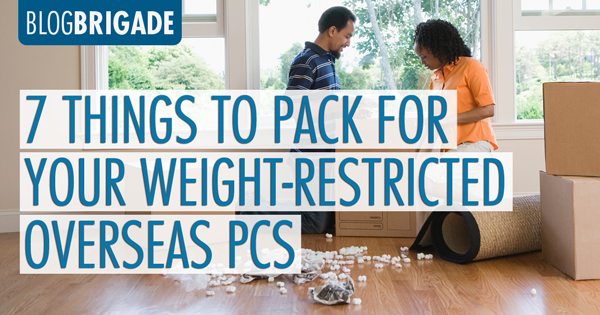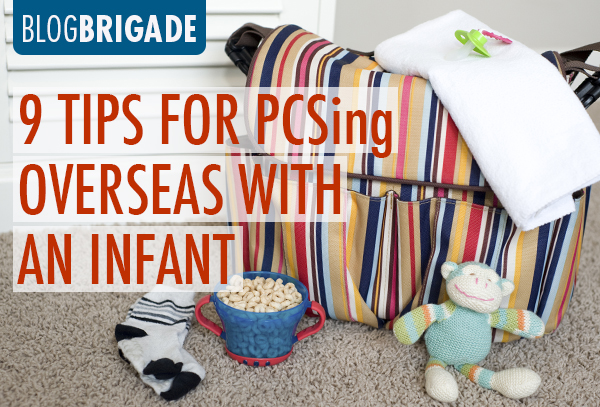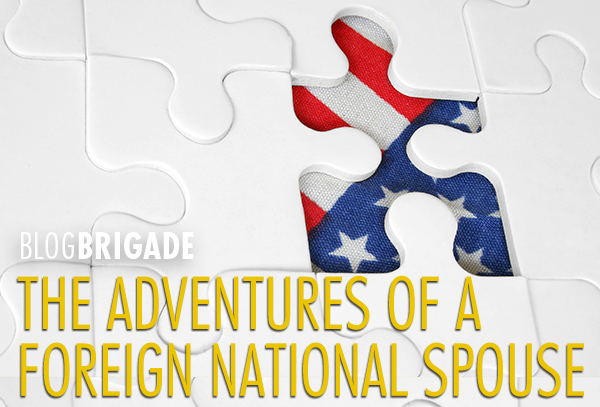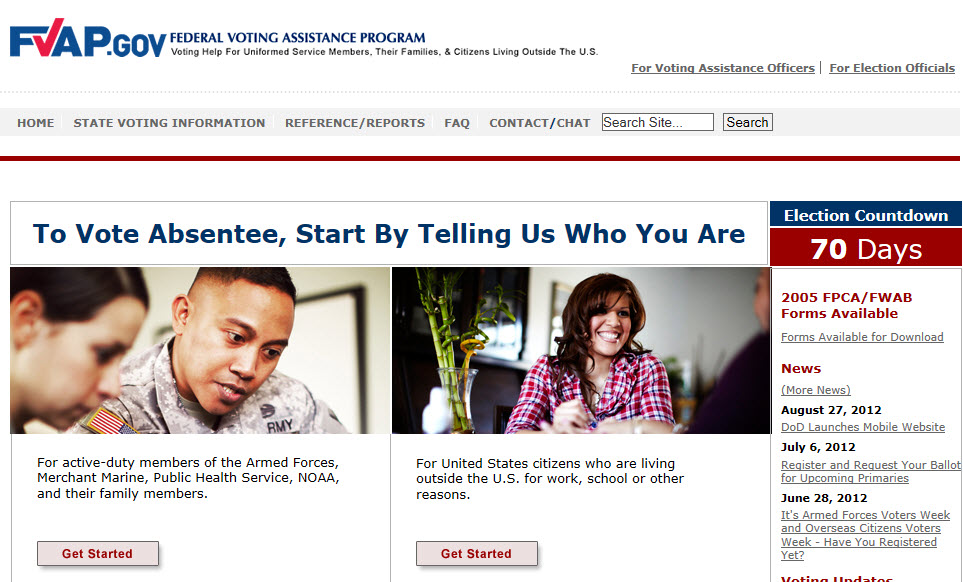

Melissa
I have so many friends who recently received orders for overseas duty stations. Some are headed to Europe and other exciting locales. But most people I know are headed to Japan, which is weight restricted for some branches of service as far as household goods are concerned. I won’t get into the nitty gritty of all of that, but usually folks are looking at being able to take 25 percent of their maximum allowable weight or in plain English, about 2,500-4.500 pounds of their “stuff.” If you want to get into the nitty gritty, check your spouse’s orders or visit Move.mil for the current weight allowance charts.
While only taking a fraction of your stuff may cause you to panic, remember that there is loaner furniture available to you during your tour. It will not be extravagant or Pinterest-worthy, but it’s furniture. A question I keep getting repeatedly is what folks should take to fill that maximum allowed. I am not going to tell you about taking the obvious stuff such as clothes, kitchen items, silverware, etc. Instead, here is my list of things I wish I had brought or was so glad that I did.
Items to consider:
- Holiday decorations. I was soooooooo glad I brought one tote of Christmas items. It made the holidays feel more “real” to me having my familiar favorites. Also, I liked not having to fight the good fight over the last package of generic-colored ornament balls.
- Hostess and serving pieces. I have no idea what I was thinking by not taking extra dishes, extra serving trays, party supplies etc. Being overseas is so much fun because everyone becomes your family, and that means you are always at someone’s home or your own having a big feast, especially at holidays. I am now back in America with double of all my hostess items since I couldn’t go 3 years without hosting people for dinner.
- Home décor. I foolishly followed advice to leave all home décor at home. I wish I had brought a few framed art pieces or mirrors, a few throw pillows or SOMETHING that would have made our little bunker feel more like home without having to repurchase items once we got there. Please don’t bring your whole house full of décor, but a few neutral pieces that can work anywhere are advised.
- Personal pictures. I took all of our photo albums to my parents to store while we were overseas. I wish I had taken at least one or two albums to peruse during our three-year tour. Call me cheesy, but I missed thumbing through our wedding album every year on our anniversary. I also wished I had pictures of our families.
- Craft/hobby supplies. I am an avid sewist and wish I had brought tons more fabric. Yes, you can more than likely get craft supplies in your new location or you will be able to order them, but sometimes I just wish I had more of the basics already on hand. So if you have a specific hobby, consider bringing along extra of whatever it is you may use most.
- Your bed. Yeah, yeah, I know I mentioned you will be given loaner furniture during your tour, but the government beds aren’t exactly dual pillow-top memory foam if you are catching what I am saying. So if a comfortable bed is important to you, pack it up and ship it over! No need to send the whole matching solid wood bedroom suite over. Just the mattress and rails. No all your furniture won’t match, but that’s part of the charm of overseas living.
- Clothes for another climate. If you are going to Guam you may think you can ditch the winter coats and snow gear at home. But what happens if you go back to America during the winter and your family lives in Billings, Montana where there is likely snow on the ground. You don’t want to arrive in flip flops now do you? Many folks I know, took vacations up to snowy and cold Sapparo, Japan and needed their winter coats. So don’t take a whole wardrobe of winter gear, but a few outfits, just in case.
Remember, no matter what you take or leave behind, it isn’t forever. No one expects matching plates, silverware, home décor or furniture when you are living overseas. We all “get it,” so don’t stress it. Spend more time out their exploring your new home instead of worrying about what you left behind!











